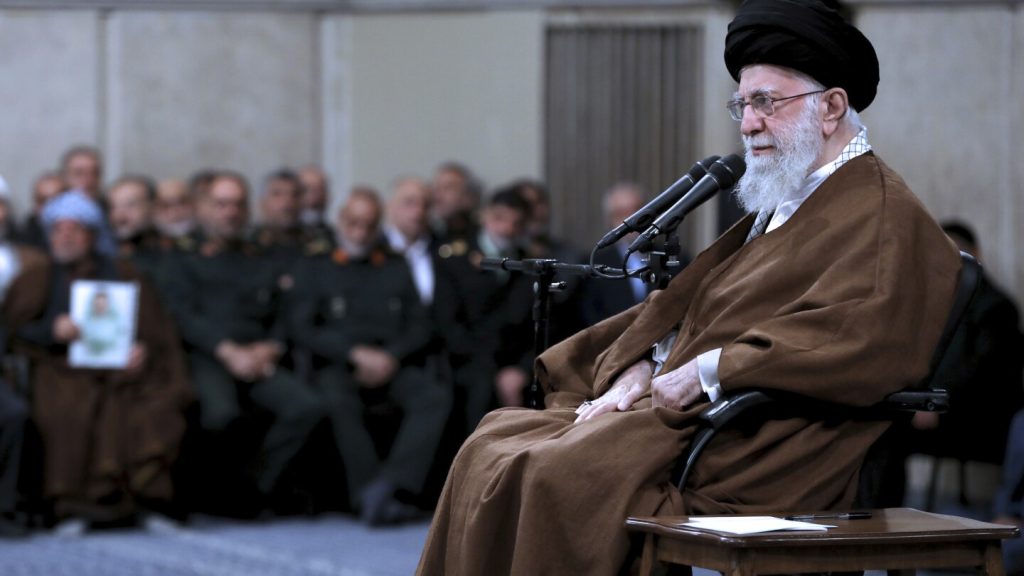Israel conducted an aerial assault on Iran’s homeland, prompting speculation on how Iran will respond. Analysts believe that Iran may choose not to retaliate directly, as it could reveal weaknesses and invite a stronger Israeli response. Iran’s military and economic constraints, along with the uncertainty of the U.S. election and its impact on American policy in the region, may influence Tehran’s decision. Despite the ongoing conflicts in the region, Iran’s President has expressed interest in a new nuclear deal with the U.S. to ease international sanctions. Iran’s military stated that a cease-fire in Gaza and Lebanon is more important than retaliating against Israel, indicating a potential de-escalation.
Supreme Leader Ayatollah Ali Khamenei, Iran’s ultimate decision-maker, also refrained from calling for an immediate military response to Israel’s strike. The attack targeted Iranian air defense missile batteries and production facilities, exposing vulnerabilities in Iran’s air defenses and potentially allowing Israel to escalate its attacks. While current nuclear sites were not hit, Iran’s nuclear facilities remain unaffected. Israel has been targeting Iranian-backed militant groups, such as Hezbollah, and has continued aggressive actions in the region. Despite calls for retaliation, there is speculation that Iran may avoid escalating the conflict for now to prevent further losses.
Israel’s choice of targets in the strike may indicate its capabilities and intentions to avoid further escalation with Iran. While Israel may not be able to destroy Iran’s nuclear facilities without U.S. assistance, it retains the ability to target higher-value assets in the future. Iranian media initially downplaying the strikes suggests Tehran’s reluctance to escalate the conflict further. There is a delicate balance for Iran between demonstrating strength and avoiding further losses due to its perceived weaknesses. The current situation in the Middle East is uncertain, with both sides navigating new territory and unclear red lines.
The precision and capabilities of Israel’s military have been showcased in the recent strikes, highlighting the superiority over Iran. Both sides are carefully calculating their moves to prevent escalating the conflict, with the potential for further retaliation still looming. The region is witnessing unprecedented events as Israel openly strikes Iran, a scenario that has long been speculated. The dynamics between the two countries are evolving, with new challenges and uncertainties emerging. The Mideast remains in uncharted territory as leaders and strategists grapple with the unfolding situation.


